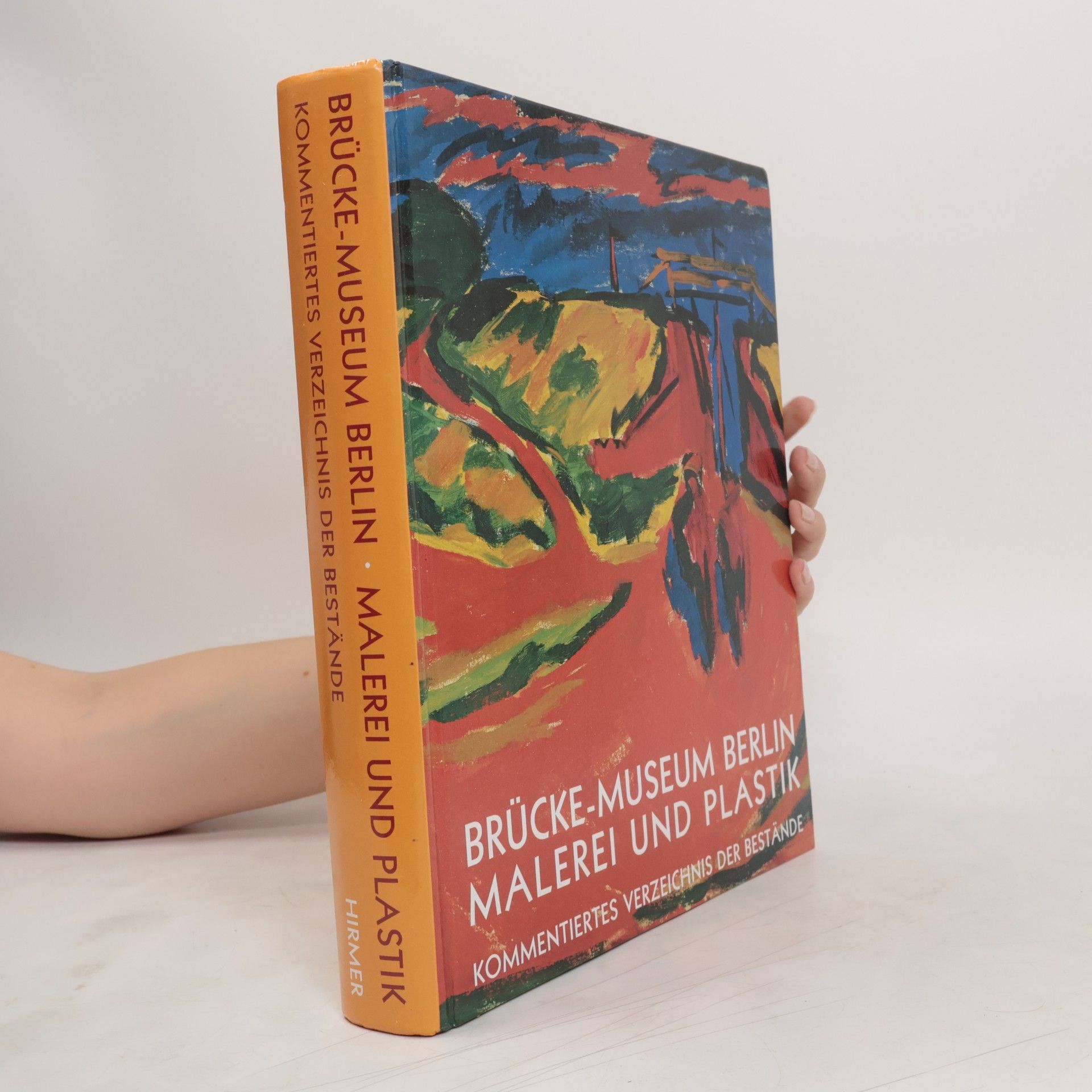The Bruecke-Museum in Berlin holds about 400 paintings and many sculptures of the Bruecke group of expressionist artists. Its collection is the most comprehensive worldwide, and contains paintings and sculptures by Karl Schmidt-Rottluff, Erich Heckel, Fritz Bleyl, Ernst-Ludwig Kirchner, Max Pechstein, Emil Nolde, Otto Mueller and Cuno Amiet. On occasion of the museums 100th anniversary, this volume documents the history of the Bruecke from its beginnings to its end. German text.
Mark Mueller Books
This author focuses on themes of honor and ideals within the contemporary world. His style is often poetic and richly imagistic, offering readers a unique perspective on internal struggles and the search for meaning. Through his works, he explores the boundaries between dream and reality, challenging readers to consider their own values. His writing is marked by both a subtle humor and a profound understanding of human nature.
